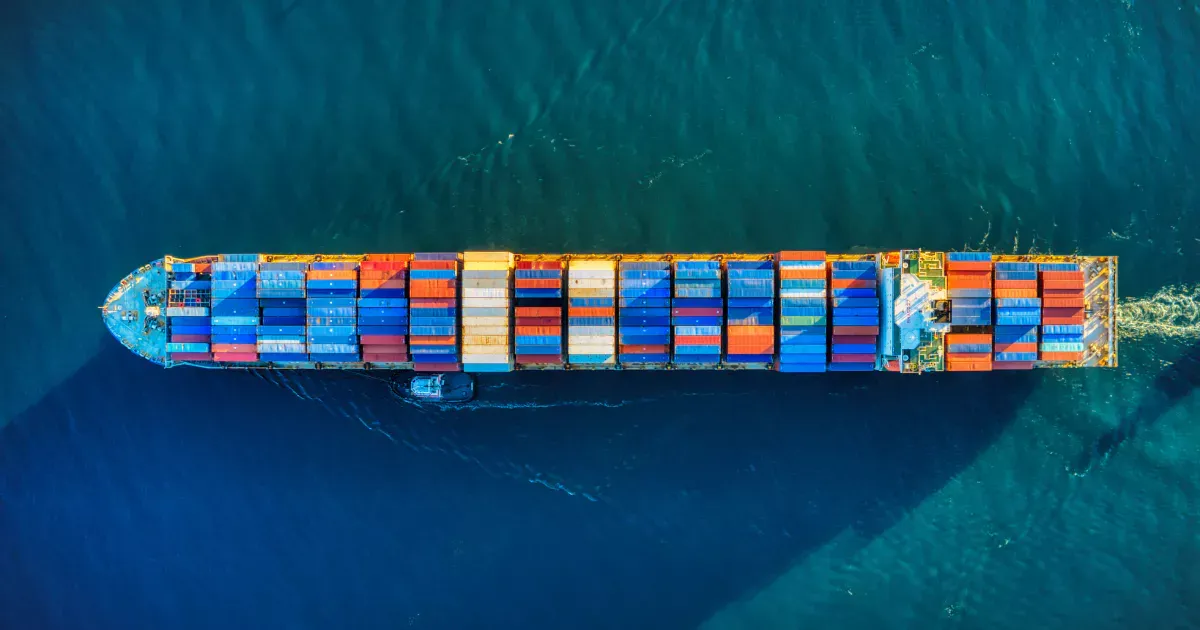Sourcing from China: Manufacturers vs Trading Companies




A crucial decision in sourcing from China is knowing when to buy from manufacturers and trading companies.
Sourcing from China has become an integral strategy for businesses looking to leverage cost advantages and diverse manufacturing capabilities. However, one crucial decision that can significantly impact your sourcing success is choosing between manufacturers and trading companies.
This article will explore the differences, benefits, and potential pitfalls of working with each option to help you make an informed choice, and offer you alternatives to these two choices.
When sourcing from China, businesses often face the dilemma of choosing between working directly with manufacturers or through trading companies. Many newcomers to the sourcing scene may not fully understand the differences between these options, often mistakenly thinking that all suppliers are the same.
Each option comes with its own set of advantages and disadvantages. These can significantly impact the efficiency, cost, and quality of your supply chain. Understanding these differences is crucial for making an informed decision that aligns with your business needs.
Even seasoned sourcing professionals recognise that dealing with suppliers from China presents unique challenges and peculiarities. Whether you are new to sourcing or have years of experience, grasping the nuances between manufacturers and trading companies is essential for optimising your sourcing strategy and achieving business success.
Let’s look at what each of them offer before we start our comparison on the different options for sourcing from China.
A manufacturer is a company that produces good that produce goods and sell them directly to you without intermediaries. They have their own factories, equipment, and workforce. Manufacturers are directly involved in the creation process, from sourcing raw materials to the final product assembly.
Pros of working with manufacturers:
Cons of working with manufacturers:
A trading company acts as an intermediary between the buyer and the manufacturer. They source products from various manufacturers and supply them to buyers, adding a markup for their efforts. Note that we are talking about international trading companies in this article and not local ones that deal with trading within China.
Pros of working with trading companies:
Cons of working with trading companies:

Going direct to the source means getting the best prices when sourcing from China. However, while factories tend to be experts at production, they often lack international trading expertise, especially smaller factories.
Larger factories would have a sales and marketing team or department, but guess where their salaries and sales commissions come from? Of course, with enough scale of economics, they could lower their costs and direct those savings to the sales and marketing team instead of passing on the costs to the clients.
When your product requires significant customisation or has complex specifications, working directly with a manufacturer can be highly beneficial. Direct communication allows for better alignment on intricate product details and modifications. You can explain nuanced design elements or functionality requirements without information being lost through intermediaries, and tap into the manufacturer’s specialised knowledge about materials and production processes.
However, it’s important to note that working directly with manufacturers requires more time, effort, and potentially language skills on your part. You’ll need to be prepared to manage the relationship closely and possibly visit the factory in person. It can be challenging if you lack experience in working with factories on customisation, or if you’re unfamiliar with dealing with Chinese companies. In such cases, seeking guidance from experienced professionals can help navigate these complexities more effectively.
For businesses placing large and frequent orders, working directly with manufacturers often proves more cost-effective. These factories are typically equipped to handle high-volume production and can offer better pricing for bulk orders. Direct relationships with manufacturers can also lead to streamlined processes, potentially resulting in faster turnaround times and more consistent quality for regular, large-scale production runs.
On the other hand, if your business deals with smaller or irregular orders, trading companies can be invaluable partners. They often have the ability to consolidate orders from multiple clients, helping you meet MOQs that might otherwise be out of reach.
Trading companies also provide more flexibility in terms of order sizes and frequency, making them a suitable option for businesses with fluctuating demand or those still testing the market. Their diverse supplier networks can offer you a wider range of options and the agility to adapt to changing needs.
While manufacturers may offer lower upfront costs, there are hidden expenses to consider:

Besides purchasing manufacturers and trading companies, there’s a third option when sourcing from China. Sourcing agents and companies are similar to trading companies in that they act as intermediaries between you and the manufacturers. However, there are key differences to consider.
Similarities:
Differences:
Manufacturers:
Trading companies:
Sourcing agents and companies:
Choosing between the different options is a decision that hinges on your specific needs, resources, and market understanding. By carefully evaluating your business requirements and leveraging the expertise of sourcing partners, you can navigate the complexities of international trade and find success sourcing from China.
Navigating the complexities of sourcing from China can be challenging, but it doesn’t have to be. Our bilingual team has cultivated deep insights and knowledge through over a decade of industry experience and living in China. We’ve gained first-hand how to bridge cultural gaps, communicate effectively with suppliers, and overcome common pitfalls in the sourcing process.
Our unique perspective combines local expertise with an international outlook, allowing us to support both Chinese companies expanding globally and international startups bringing their ideas to life in China. We’ve experienced the intricacies of quality control, IP protection, and logistics in this dynamic market.
We’re passionate about sharing our experience to help others succeed in their sourcing journey. We’re so passionate about this for a reason. Our journey has connected us with a network of reliable manufacturers and organisations like the Shenzhen Maker Supply Chain Alliance, insights we’re eager to pass on to others.
If you’re interested in learning more about sourcing from China, sign up for our newsletter. We regularly share articles filled with practical tips, industry trends, and lessons learned from our years of experience. It’s our way of offering valuable knowledge to help you navigate your own sourcing journey with confidence.
Join 600+ smart importers receiving proven strategies to negotiate better terms, avoid scams, and build reliable supply chains.
Enter your email and we'll send you the Sourcing Checklist our partners used to build a trusted supply chain.
We believe in empowering entrepreneurs. Learn how you can tap on our knowledge and resources to boost your project and avoid pitfalls.
We love to hear from you! We'll be in touch with you as soon as possible.
We're thrilled to announce that we're expanding our team and looking for talented individuals like you to join us.